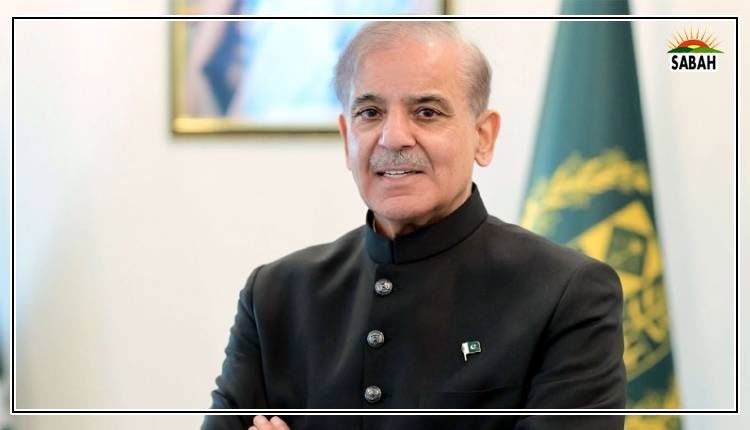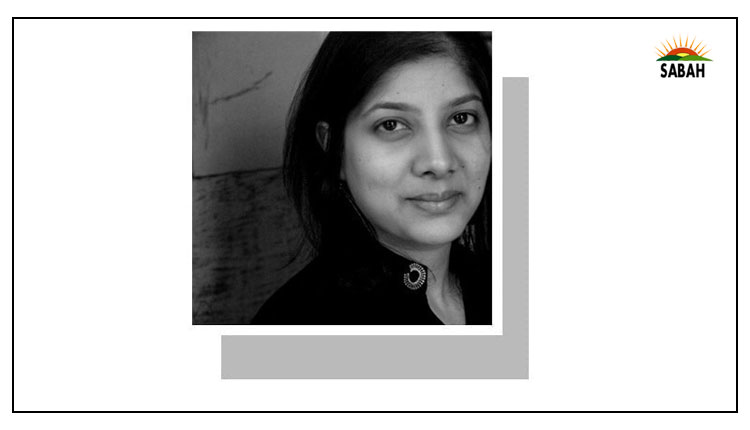Silencing the press …. Huma Yusuf
THANK goodness journalist Asad Toor was finally released on bail on Saturday. But his ordeal is not over as he battles numerous charges under the Prevention of Electronic Crimes Act (Peca) for allegedly peddling a ‘false narrative’ against the judiciary and military. His horrific harassment in the form of lawfare and prolonged detention highlights the degraded state of press freedom in Pakistan.
It was not long ago that the Supreme Court sought to defend free speech, with the chief justice indicating that ‘fair criticism’ of court judgements — and the freedom of expression underpinning that criticism — was a basic right.
Unfortunately, Pakistan ranks 150th out of 180 countries on the World Press Freedom Index. According to Freedom Network, the impunity rate for journalist killings remains shocking: 53 journalists were killed between 2012 and 2022, with no convictions in 96 per cent of these cases. Legislation relating to the protection of journalists remains unenforced — commissions meant to oversee journalists’ safety have not been established or remain unfunded.
Meanwhile, the state is expanding its legislative toolkit to harass, intimidate, detain and thereby silence journalists. Ambiguous definitions of disinformation, cyberterrorism, false news, public order and national security litter the Pemra Amendment Act, Official Secrets Amendment Act, Peca, the E-Safety Bill and the Personal Data Protection Bill. These, along with proposed requirements for data localisation (giving the state easy access to individuals’ online activities), are designed to suppress freedom of expression.
The state is particularly threatened by Toor because of his 300,000 followers on X and 160,000 YouTube subscribers. Pakistan’s best journalists, bullied off the airwaves, now speak truth to power online. And that explains the month-long ban of X in the wake of our flawed elections.
The state is expanding its toolkit to harass journalists.
The fact that media censorship and the targeting of journalists are not more widely condemned by Pakistan’s political and business elite highlights the lack of understanding of the fourth estate’s criticality and the willingness to accept state-driven conspiracies of the press as a fifth column.
It may be too much to ask an extractive elite to defend journalists’ safety and press freedom on democratic principle alone. But it is in the broader national interest for them to take it seriously. The economy is on the brink, and political acrobatics are underway to secure international financial support. But there is decreasing global appetite to prop up pariah states that quash basic freedoms. Many have dismissed the upcoming US congressional hearings on the future of democracy in Pakistan, arguing that they are driven by domestic politics rather than a strategic review of Pak-US ties. This is correct. But it doesn’t mean that Western governments won’t be held to account for ignoring a fundamental democratic principle: that of free speech and expression, manifest in the ability of journalists to hold their state accountable.
Moreover, there is growing evidence that press censorship correlates with poor economic performance. A 2021 research article by Nguyen, et al, found that deteriorating press freedom is detrimental to a nation’s economy. This correlation is intuitive — where perverse market interventions and economy-stagnating corruption are rife, the press is more likely to be under fire for fear of accountability. But going forward, it is likely that the lack of press freedom itself will have negative economic impacts.
International companies that are the source of FDI have mounting environmental, social and governance responsibilities and are under pressure to ensure their activities don’t violate rights. Increasing reputational sensitivities in the private sector would lead to hesitancy in investing in places like Pakistan, especially given the negative attention around social media bans.
This may seem an overstatement. Readers’ minds may be straying across the border to India, where excessive press censorship has not deterred economic growth. India currently ranks at 161 in the Press Freedom Index (lower than Pakistan and Afghanistan), reflecting growing censorship, cyberbullying and digital surveillance of journalists, and even a rising trend in physical attacks against reporters. Pro-Modi business tycoons have been buying up news outlets to ensure pliancy. Journalists are also silenced through the deployment of money laundering and anti-terrorism laws.
But India has much more to offer than Pakistan from an economic and geopolitical perspective, and in the balance, media censorship and related rights violations are discounted on the global stage. Until Pakistan has a better value proposition, press freedom and prosperity will likely go hand in hand.
The writer is a political and integrity risk analyst.
X: @humayusuf
Courtesy Dawn, March 18th, 2024












